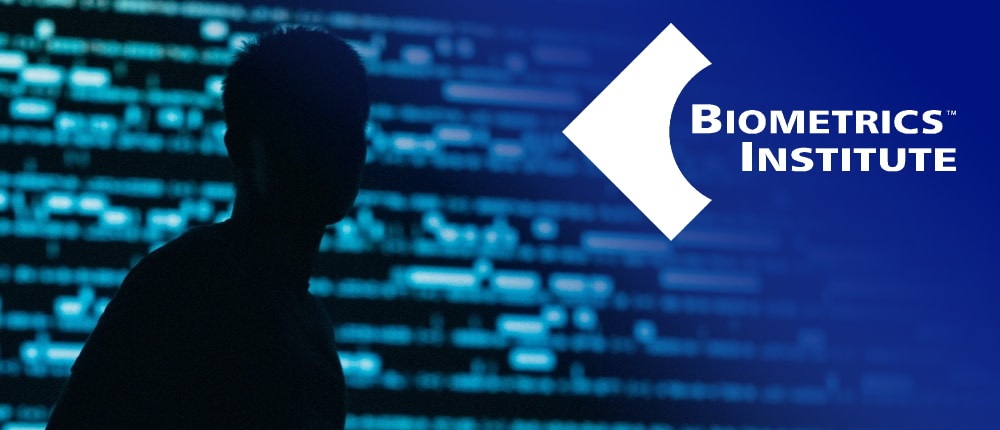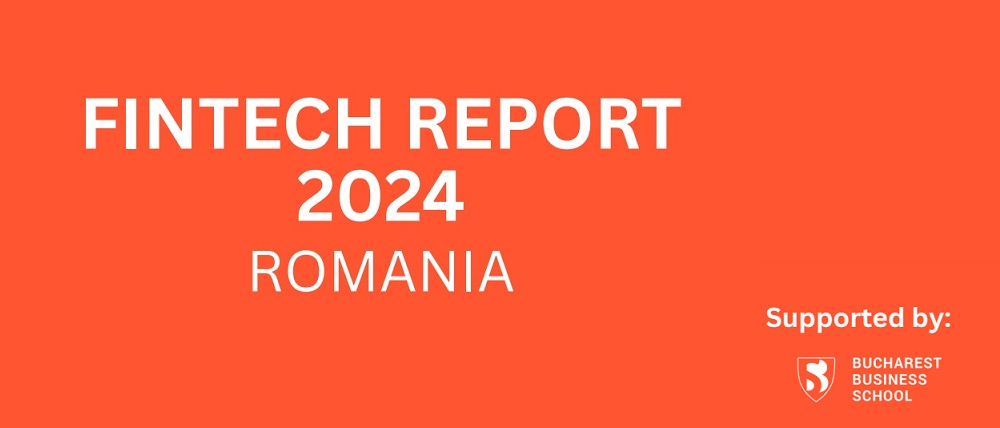Digital identity main area of significant biometric development over the next five years, survey finds

The highest proportion of respondents to the Biometrics Institute’s annual Industry Survey believe digital identity will be the main area of significant biometric development over the next five years.
Industry professionals (90+%) agreed that biometrics will be the key enabler for anchoring digital identity and also that there will continue to be significant growth in mobile remote identity verification systems and remote onboarding technology.
The pandemic has accelerated the adoption of biometrics
This year there was majority agreement (63%) that the pandemic has accelerated the adoption of biometric solutions, with three quarters thinking that new solutions and technology will be critical in managing this and future pandemics.
In the health area, most (60%) thought that biometrics should be used internationally to provide the necessary identification assurance for vaccine certificates with few (14%) actively disagreeing. There were divergent views as to whether health protection will be more important than privacy protection over the next few years – 39% agreed, 32% disagreed and the remainder were unsure.
Biometrics growing too rapidly for existing controls to be effective. Governance and transparency needed
In contrast last year, a higher proportion thought that the use of biometrics is growing too rapidly for existing controls to be effective (48%). As with last year, those in Europe were the most likely to feel there is already sufficient legislation in place, with those in regions outside ANZ, Europe and the Americas more likely to feel the legislation is on balance not strict enough.
When asked specifically in which areas legislation should be tightened – policing/law enforcement; commercial uses; and social media and political use all topped the list, selected by around 60%.
Two thirds of industry professionals agreed that a lack of transparency from organisations in their use of biometrics causes public distrust, with only 12% disagreeing with this view.
There was strong agreement (79%) with the premise that any biometric implementation must have human rights at front of mind. By the same token, nearly three quarters (74%) agreed with the principle that there should be no conviction, denial of service or presumption of wrongdoing solely based on an automated system without human decision making (‘a human in the loop’).
Testing is critical
There has been a lot of discussion around testing in the industry over the last year and this section of the survey looked at some key attitudes in this area.
Opinion was divided as to whether biometrics are now more vulnerable to spoofing attacks than ever before – approximately a third thought this to be the case, a further third disagreed, and the remainder were uncertain.
Similarly on the highly debated issue of demographic differentials, there was a diverse range of opinion: 36% agreed that the issue of demographic differentials in face recognition is overstated but this was counterbalanced by 28% who disagreed, with the remainder uncertain.
As in 2020, the statement, properly educating the public about the benefits of biometrics is critical for the future of the industry, prompted one of the highest levels of agreement overall (90%) with negligible disagreement. We are looking at ways to better inform decision-makers and the public.
_____________
371 industry professionals from across the world took part in the online survey in June 2021.
The Biometrics Institute is the independent and impartial international membership organisation for biometric users and other interested parties. It was established in 2001 to promote the responsible use of biometrics and has offices in London and Sydney.
With more than a thousand members from 240 membership organisations spread across 30 countries, it represents a global and diverse multi-stakeholder community. This includes banks, airlines, government agencies, biometric experts, privacy experts, suppliers and academics.
The Biometrics Institute connects the global biometrics community. It shares knowledge with its members and key stakeholders and most importantly, develops good-practices and thought leadership for the responsible and ethical use of biometrics.
Dariusz Mazurkiewicz – CEO at BLIK Polish Payment Standard
Banking 4.0 – „how was the experience for you”
„To be honest I think that Sinaia, your conference, is much better then Davos.”
Many more interesting quotes in the video below:










